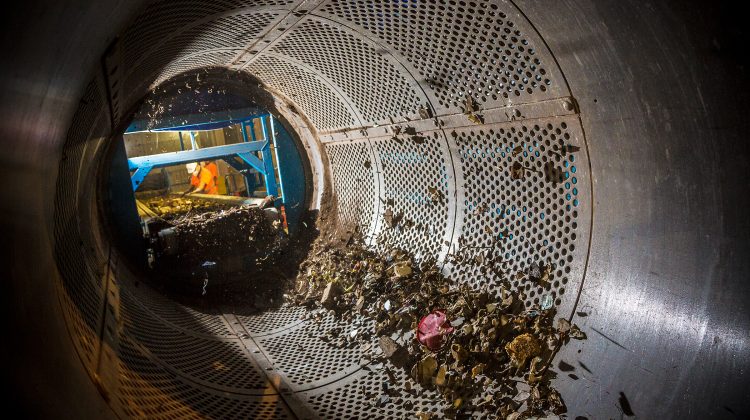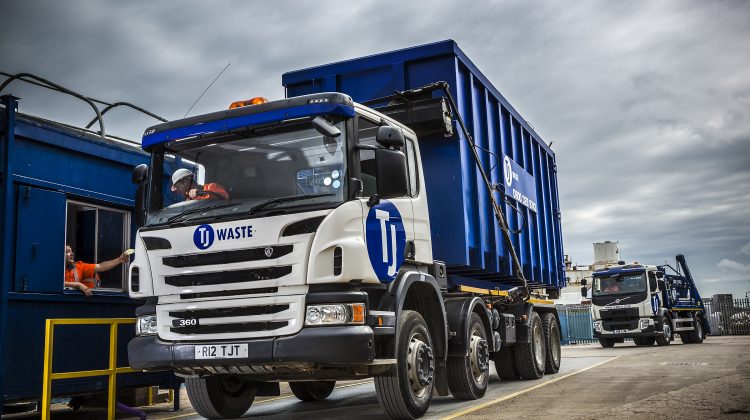Planning a more active role in EfW
Luke Haskell | Commercial Director
8 March 2021
Tags: Energy From Waste | Incineration | Recycling | Waste Disposal
TJ is committed to doing everything possible to divert waste from landfill; we currently strive to recycle up to 100% of the waste we handle by utilising a range of methods.
The avenues we already use include directing recyclable materials down the various appropriate routes (paper, cardboard, glass, aerosols, plastic bottles etc), repurposing building waste to generate recycled aggregates, sending waste wood for Biomass, facilitating the recycling of plastic tubs into pellets and sending other materials for incineration, which results in the production of Energy from Waste (EfW).
EfW is the process of generating energy – either electricity, heat or a fuel source – by burning waste via a variety of processes. It can be a form of energy recovery and is sometimes referred to as a circular economy because it encourages a continual use of resources. There are a range of processes commonly used in the EfW industry including combustion, gasification, pyrolysis and anaerobic digestion.
Why does TJ want to take an active EfW role?
- It will provide us with new options for waste disposal.
- We’re particularly interested in the EfW routes for plastic and tyres.
- It’s a safe and reliable route for waste disposal.
- It reduces greenhouse gases as the waste combusted at a EfW facility doesn’t generate methane whereas it would have at landfill.
- A source of valuable energy which is reliable as it can be generated 24 hours a day.
- Generates clean energy in the form of electricity and heat.
- It provides economic opportunities.
Opportunity areas
Plastic to fuel
Plastics are hydrocarbons that are made from petroleum and they can be converted back to liquid fuel. A process called pyrolysis is typically used to do this, which requires heating the plastics at a high temperature. At the high heat and pressure, water breaks the plastic down and converts it into oil.
Material recovery from tyres
The UK produces around 55 million waste tyres a year and it’s difficult to enforce the legal disposal of them all (gov.uk). By using pyrolysis, the carbon black and steel in tyres could be recovered and the rubber converted to a partially renewable oil.
Technological developments
At the beginning of last year, prior to the onset of the COVID-19 pandemic, TJ Waste was making plans to start developing a turnkey waste processing facility that will combine cutting-edge technology with our in-house processes to recover resources from a range of waste types and sources.
The potential incorporation of final treatment technologies such as pyrolysis, anaerobic digestion and biomass will add value for our customers, create further jobs, reduce the need for transporting segregated waste by road and, most importantly, reduce the reliance on conventional energy recovery through waste incineration.
TJ is looking forward to getting back to these developments as soon as the pandemic passes and normal operations can resume fully across the country.
Get in touch if you’d like to know more about our involvement in EfW processes or browse our service areas to discover if there’s anything else we can assist you with.








